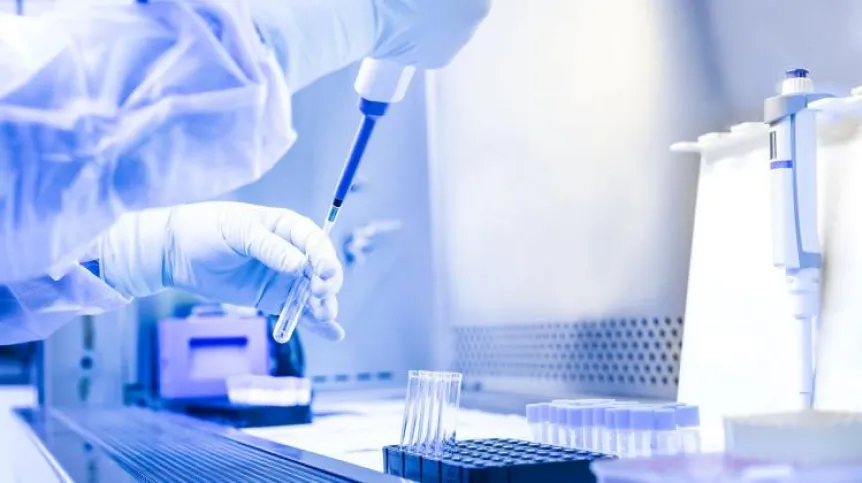
Genistein found in soybeans clears the brain of proteins harmful to neurons that cause Alzheimer's disease and other neurodegenerative diseases, scientists from the University of Gdańsk have found.
Researchers at the Faculty of Biology at the University of Gdańsk carried out tests on animals suffering from Huntington's disease and Alzheimer's and found that after administrating genistein the amount of toxic proteins in the brain decreased and the animals' behaviour improved.
In some respects, sick individuals become indistinguishable from healthy individuals.
Karolina Pierzynowska from the university’s Department of Molecular Biology said: “Neurodegenerative diseases cause a number of severe symptoms in the body, which is a serious medical challenge of our time.
“This is because neurons, or nerve cells, have very weak regenerative properties. Unlike skin or liver cells, once damaged, they hardly self-repair.
“It turns out that damage and death of nerve cells may result from the accumulation of pathological proteins in these cells.
“Theoretically, a relatively simple solution would be to remove such proteins from neurons, which would improve their functioning. However, this approach turned out to be very difficult in practice, as the substance that would achieve this would have to have many properties, not only remove pathogenic proteins, but also cross the blood-brain barrier and be safe for patients.”
Professor Grzegorz Węgrzyn added: “Our research has already attracted interest from both scientists and pharmaceutical companies. Of course, before the possible implementation of this method of treatment, it is necessary to conduct numerous studies, both experiments in animal models and all phases of clinical trials.
“Obtaining a patent makes it much easier to acquire both funds and partners for further work.”
The researchers have already started cooperation with one of the university medical centres and an institute of the Polish Academy of Sciences.
They are now planning to start clinical trials.
PAP - Science in Poland
mat/ zan/ kap/
tr. RL













